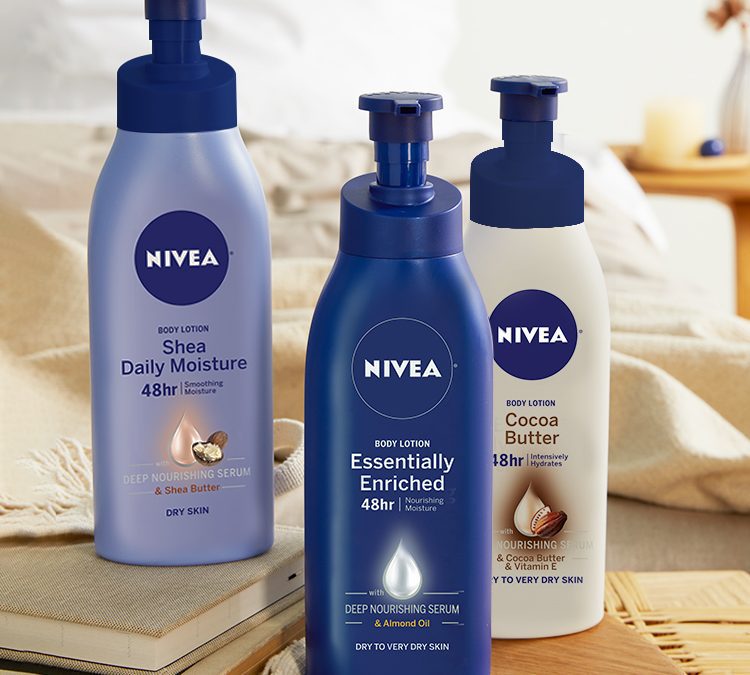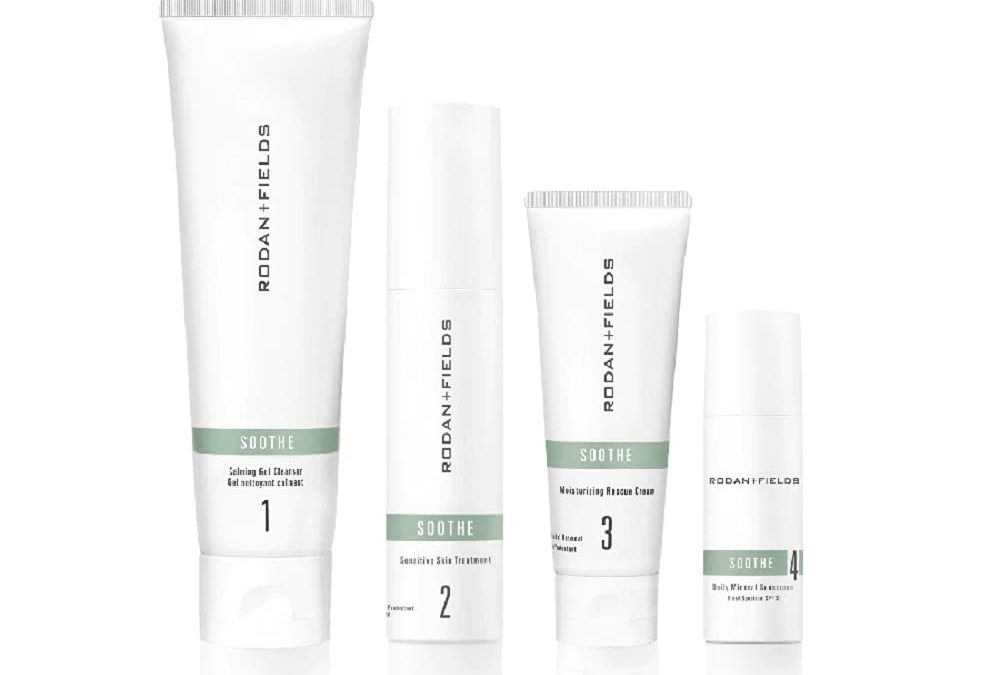What Does Vitamin C Do?

written by nail expert Jess Rowley
The Truth About Vitamin C
Whether or not you’re a fan of oranges and lemons, using vitamin c for your skin is a must. You might have seen that many skincare products contain vitamin c in them. What exactly does it do?
A lot of us skin addicts know that vitamin c is a brightening ingredient that can help to reduce redness, hydrate the skin, and reduce under-eye bags. As you can see, there are a lot of benefits to vitamin c.
What is vitamin c? How to incorporate vitamin c in my skincare routine? You’re in the right place, as I’ve researched everything you need to know about vitamin c and why you should be including this ingredient in your skincare routine.
So what’s the deal?
Although vitamin c sounds like a dream, but even with the best vitamin c serum it’s not right for everyone. Vitamin c is quite acidic and can be unstable. So before you buy your first vitamin c serum, make sure it’s right for you, and you know what should I use with vitamin c serum.
Here’s a tip- Vitamin C can start breaking down due to exposure to light or air, so make sure you keep it in an airtight bottle that doesn’t let sunlight through. Bear this in mind when buying a vitamin c serum, as the packaging can make it last a lot longer!
Let’s go!
What is vitamin c?
Since vitamin c is not produced in the body, a lot of people choose to take it in the form of daily vitamin c supplements or a rich diet of fruits and veggies, or as a skin serum. You’ll probably find it under the name ascorbic acid, as it is commonly known as.
Your body may not produce it, but it is essential in many bodily functions, including enzyme production and connective tissue repair. Apart from that, it can do wonders for your skin.
Your skin acts as a barrier, protecting you from the outside world. It usually contains high concentrations of vitamin c as it boosts collagen production, and protects against free radicals and UV rays. Vitamin c is an essential nutrient that acts like an antioxidant, so it is vital to get your recommended amount if you want to get gorgeous glowing skin.
Did you know- Since Vitamin C is an antioxidant, it can help prevent stress on the skin caused by too many free radicals created in the body, or oxidative stress. This helps to boost collagen formation and even brightens out your skin tone and complexion.
Active or inactive?
Bear in mind that vitamin C can come in both active and inactive forms. Vitamin c has to be handled correctly if you want to make the most of it. One of the most common forms of vitamin C is the pure form L-ascorbic acid. This is the most biologically active and common form of Vitamin C, but you can also find other derivatives of it. This can include sodium ascorbyl phosphate, ascorbyl palmitate, retinyl ascorbate, tetrahexldecyl ascorbate, and magnesium ascorbyl phosphate.
Vitamin C derivatives are not pure vitamin c, and they are usually combined with other ingredients to help keep the vitamin C stable. When these derivatives come into contact with the skin, they release pure vitamin c. Keep in mind that if a product has a certain percentage of vitamin c derivatives, it will release only a very small amount of pure vitamin c than that percentage.
Although you can find vitamin c in fruits and veg, it is commonly produced authentically in skincare products such as moisturizers, toners, and even more often in serums.
What does it mean when it “oxidizes”?
Now, there is a downside to Vitamin C. As a powerful antioxidant, it has many benefits but Vitamin C is very unstable. That means it easily oxidizes when exposed to air, light, heat, change in pH. How can you tell when your Vitamin C has oxidized? If you notice it goes brown or simply doesn’t work as well as it used to, then it might be time to replace your Vitamin C serum.
As vitamin C is very reactive, so it can easily lose its antioxidant properties. The best way to prevent oxidization is to buy vitamin c products that are in air-tight, opaque packages and store them in a cool dark place. You cant reverse oxidization, so when it is oxidized it is ineffective and you need to simply throw it away.
Why do you need to take Vitamin C
Vitamin c is a water-soluble vitamin, meaning that it is dissolved in water. You might be wondering what this has to do with anything.
Unlike fat-soluble vitamins, water-soluble vitamins don’t get stored in the body. Instead, when you take Vitamin C, it gets transported to tissues in body fluid, and then excreted in the urine.
Since you can’t make vitamin c and you can’t store it, the only way to reap its benefits is to take vitamin c supplements regularly.
You can do this by taking enough vitamin c dietary supplements, a vitamin c serum for your skin, or eating foods that are sources of vitamin c like citrus fruits or other fruits and vegetables.
Don’t get too enthusiastic though, taking high doses of vitamin c can have the opposite effect, such as digestive distress and even kidney stones. Nobody wants stomach cramps am I right?
Most of the time, it’s not really necessary to take vitamin c supplementation unless you know you have vitamin c deficiency. If vitamin starts to accumulate in your body, that’s when you could have problems. If you have a healthy diet of fresh fruits and vegetables, then you can choose to add a vitamin c serum to your skin routine.
Myths about Vitamin C
Some people think they know about vitamin c, but there are actually quite a few myths among the facts. Here are four myths about what does vitamin c do for your body or protecting against health conditions:
Prevents the common cold and flu
Some people like to take vitamin c to prevent getting a cold during the flu season, but does it work? Although vitamin c has been found to reduce the severity of the common cold, and help recovery time, unfortunately, it does not prevent them.
Cancer prevention
A couple of studies have shows that vitamin c intake can help reduce the risk of getting different types of cancers or even cardiovascular disease like heart disease and high blood pressure. A vast majority of studies have shown that taking a vitamin c supplement does not help.
Prevent eye diseases
Vitamin C has been known to lower risk of eye diseases like cataracts and age related macular degeneration. Unfortunately taking high dose vitamin c or vitamin c supplements doesn’t really have an effect on the eyes.
Treats lead toxicity
It’s true that some people with lead toxicity appear to have low vitamin c levels, but there is no evidence to show that vitamin c can treat lead toxicity.
Although vitamin c has many benefits, there are certain limitations. When it comes to skincare though, that’s a whole other story.
What does vitamin c do for the skin?
If you’re considering getting a Vitamin C serum, or taking vitamin c supplements, then here are a few reasons why you should take the leap:
Antioxidant Properties
Vitamin C is an antioxidant powerhouse. What that means is that it contributes to repairing your damaged skin cells, and helps to naturally regenerate your skin.
Being an antioxidant it also minimizes damage caused by neutralizing free radicals both in the environment such as from smoking, pollution, UV rays, and internally too. Free radicals can only be neutralized by antioxidants, and that’s where Vitamin C comes to the rescue.
There are three types of free radicals, but the most problematic ones are called Reactive Oxygen Species (ROS). We are exposed to this free radical in our environment, and the effects can alter DNA and even damage the dermis of the skin including the DNA, moisture barrier, texture, color, and cell function.
Vitamin C prevents oxidization including the common visible effects of aging caused by our environment. They can also help prevent chronic diseases like heart disease
Boosts Collagen
For those of us with a few wrinkles on our face, you’re going to want to get your hands on Vitamin C. A vitamin C serum can help speed up collagen production and increase elastin to keep your skin plump and firm. So, if you’re looking to get younger-looking skin, vitamin c can help both in the prevention of wrinkles, and boosting the skin.
Sun Protection
When it comes to skincare, SPF is essential. Vitamin C has photoprotective effects and can boost the efficacy of sunscreen. Together, they’re a power couple in preventing skin from sun damage.
Brightening
If you suffer from skin discoloration and have dark spots, then you will benefit from using Vitamin C. It can help by inhibiting the enzyme Tyrosinase which produces melanin, and brighten skin tone.
Iron absorption
In the body, too much iron is an issue. But when take a glass of orange juice, which is one of the sources of vitamin c, you can help iron absorption and attain the right levels of vitamin c.
Is Vitamin C for you?
With all these benefits in mind, Vitamin C isn’t for everyone. Vitamin C in a general sense works well on all skin types and ages, but you can choose a formula that works better for you. For example different serums and creams are available depending on your skin type or preference.
Saying that, I would not recommend using Vitamin C on extremely sensitive skin as it can cause irritation. If you suffer from oily skin then it can also be problematic. The bottom line is, everyone’s skin is different, so check in with a board certified dermatologist that provides professional medical advice to see which brand is best suited for your skin type.
Vitamin C Factfile
Here are some quick facts about vitamin c
Type of ingredient: Antioxidant
Benefits: Protects from free radical damage, brightens skin tone, and boosts collagen production.
Who is it for: Vitamin c can be too strong with those who have extremely sensitive skin or even oily skin. Check with your dermatologist.
How often should you use it: Vitamin C should be taken daily.
Combine it with: Vitamin c works well with other antioxidants like vitamin e and ferulic acid to boost the stability of vitamin c. SPF sun protection cream is another good pair.
Don’t use with: Avoid mixing vitamin c with benzoyl peroxide (often found in acne treatments) as this can oxidize vitamin c. Don’t use it with other acids to avoid irritating the skin. Don’t mix it with retinol as this can make it unstable and harder to penetrate the skin.
Frequently Asked Questions
Which form of vitamin C is best for skin?
L-ascorbic acid is the most potent form of vitamin C, and so can be the most beneficial especially for oily or normal skin types. If your skin is dry or sensitive, then magnesium ascorbyl phosphate, a water-soluble vitamin c, is less irritating on the skin.
Is Vitamin C bad for the skin?
Vitamin C is safe for pretty much all skin types, and has not been known to cause bad side effects even after using it for a long time.
What does vitamin c serum do?
If you’re looking to target skin concerns, vitamins c serums over supplements really work. They can help uneven skin tone, rough texture, fine lines, acne scarring, and dullness.
Final Thoughts
Vitamin C is wonderful for the body, both inside and out. When you have the right levels of vitamin c, it can help the body absorb iron, improve blood pressure and the immune system. Health professionals that provide medical advice have a recommended dietary allowance of 65-90 mg of vitamin c to improve your overall health.
Make sure you take enough vitamin c especially if you have vitamin c deficiency either through dietary supplements but remember that too much vitamin c can cause problems.
When used in skincare, it can help protect against free radicals that damage cells and prevent oxidative stress. The vitamin c content when you eat vegetables raw such as red and green peppers can help you get beta carotene and even prevent bleeding gums from low vitamin c levels.

Best L’Oreal Products For Men
[Review] in 2022 written by nail expert Jess RowleyCheck out the results fast - here are our review winners[dica_divi_carousel item_width_tablet="400px" item_width_phone="345px"...

Best Neutrogena Skincare Products
[Review] in 2022 written by nail expert Jess RowleyCheck out the results fast - here are our review winners[dica_divi_carousel item_width_tablet="400px" item_width_phone="345px"...

Best Nivea Products For Men
[Review] in 2022 written by nail expert Jess RowleyCheck out the results fast - here are our review winners[dica_divi_carousel item_width_tablet="400px" item_width_phone="345px"...

Best Rodan+ Fields Products
[Review] in 2022 written by nail expert Jess RowleyCheck out the results fast - here are our review winners[dica_divi_carousel item_width_tablet="400px" item_width_phone="345px"...




